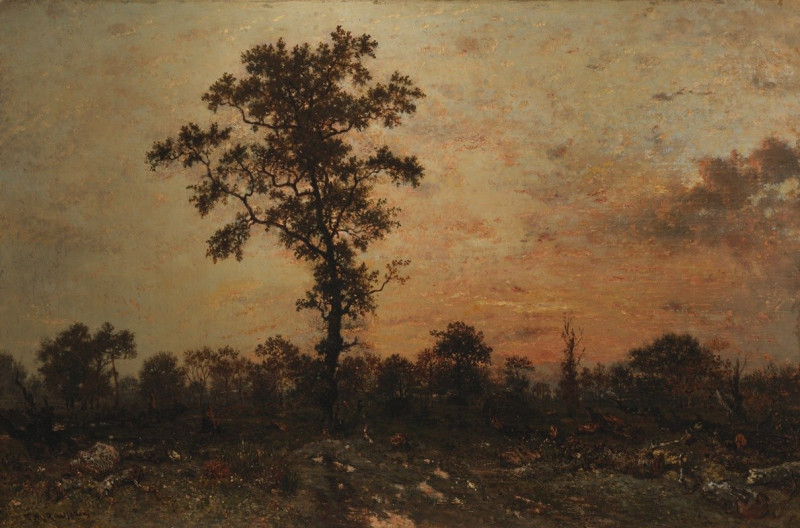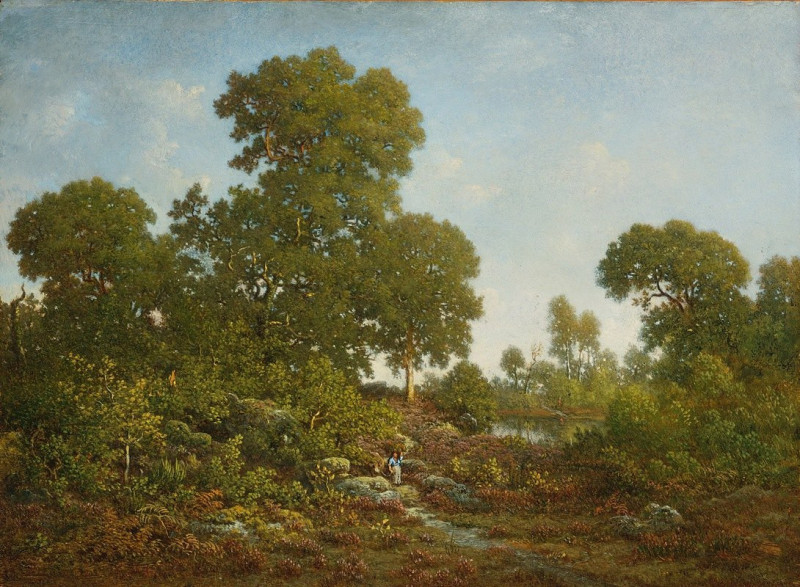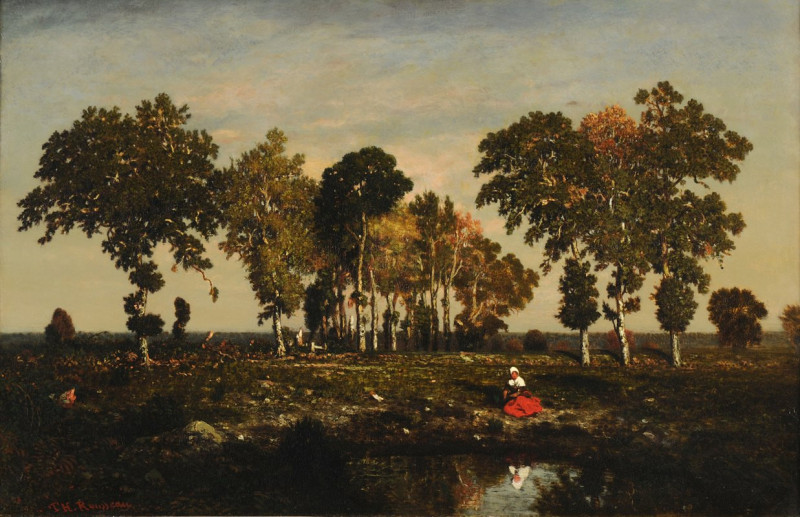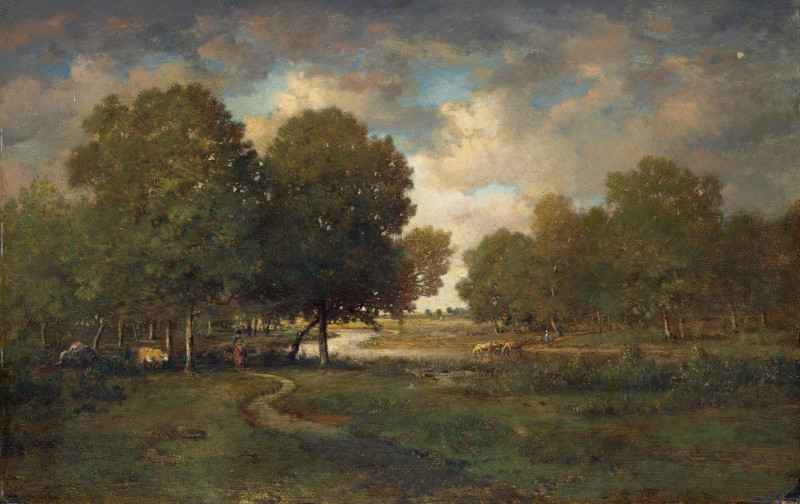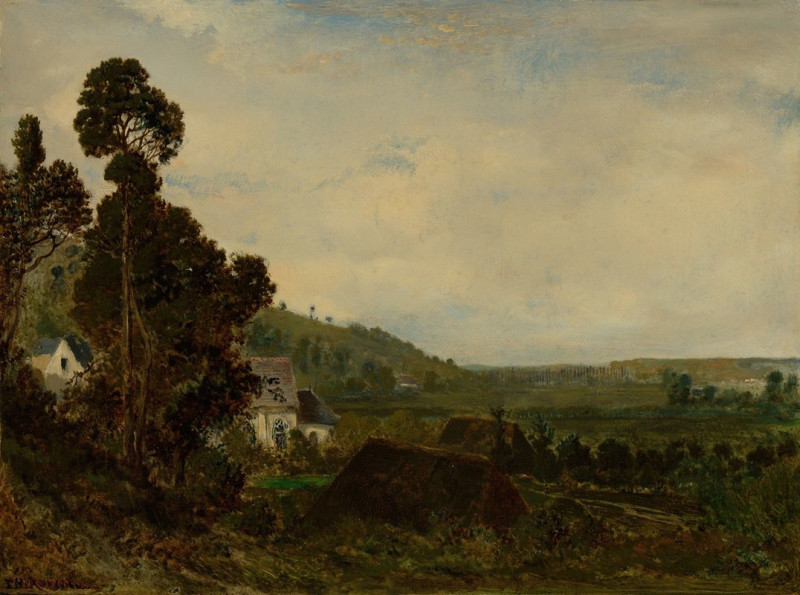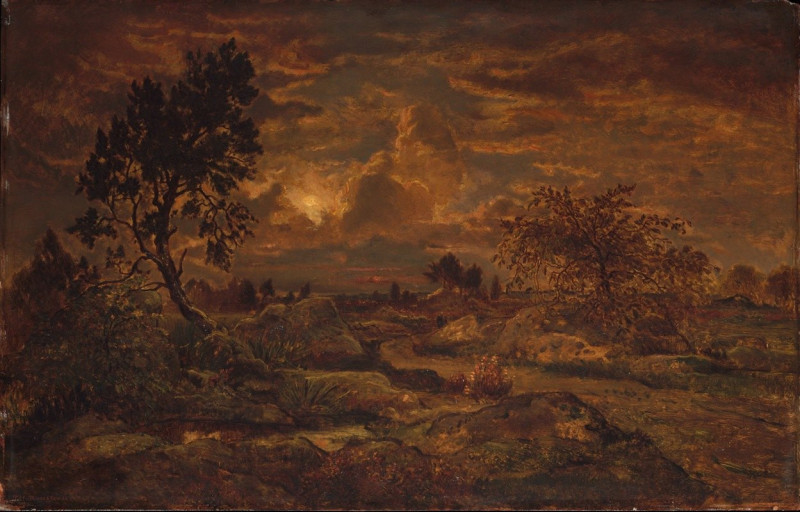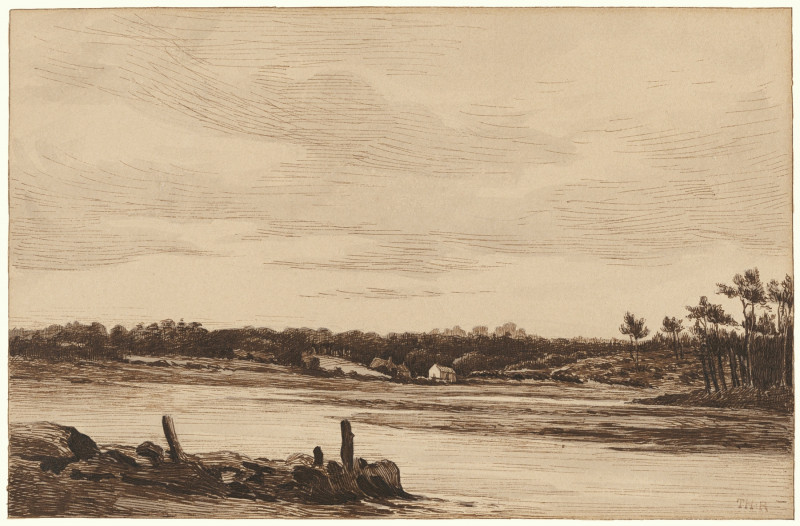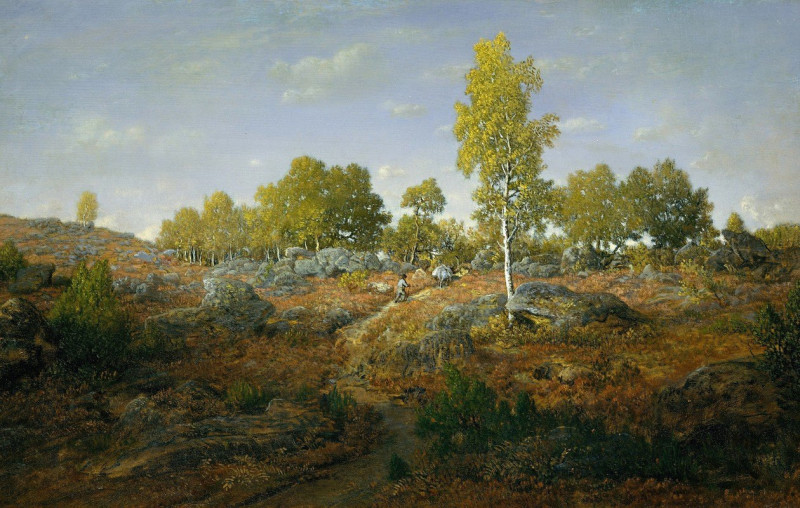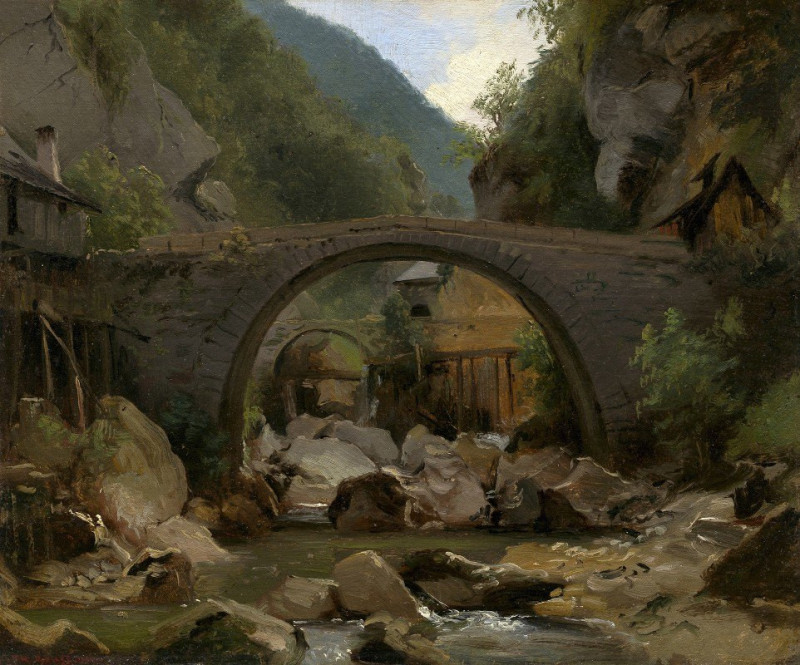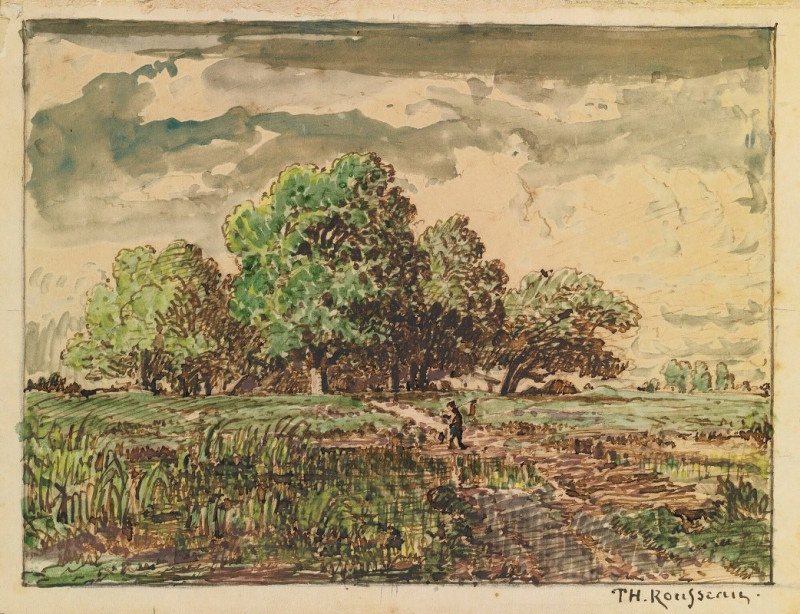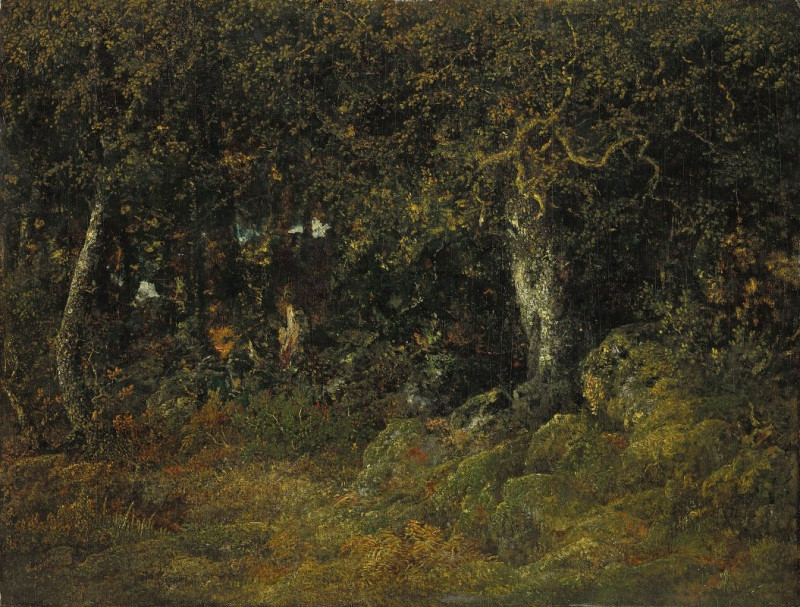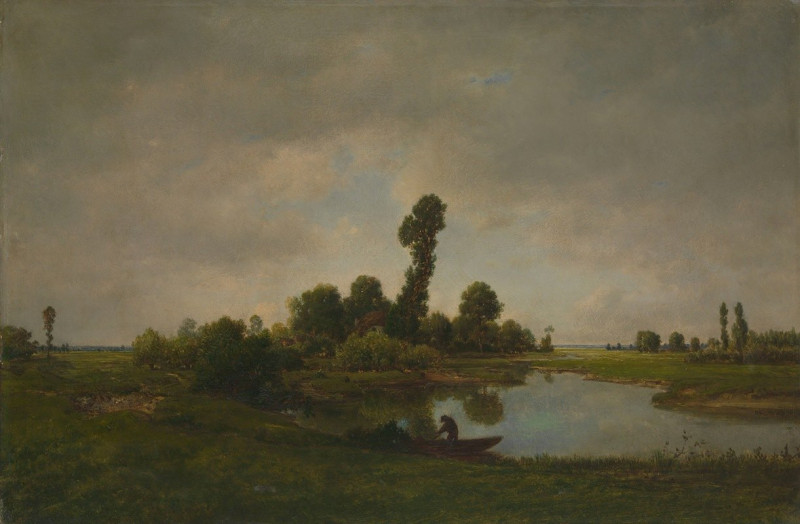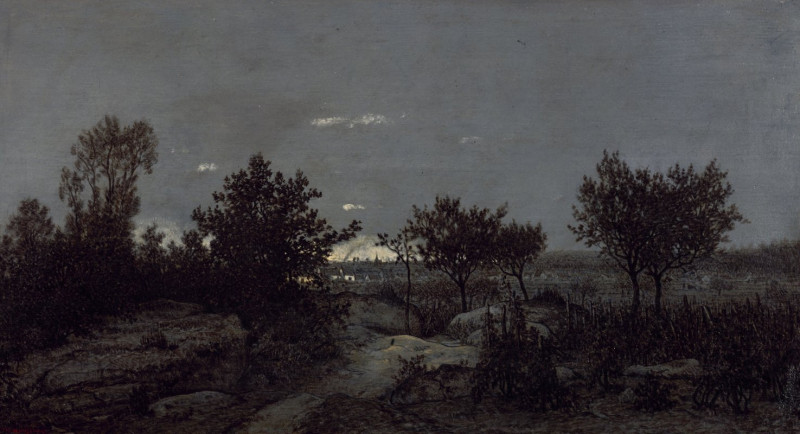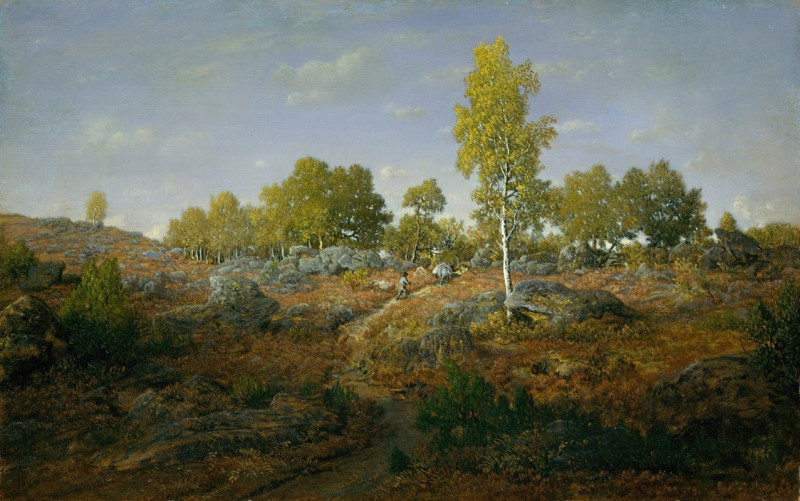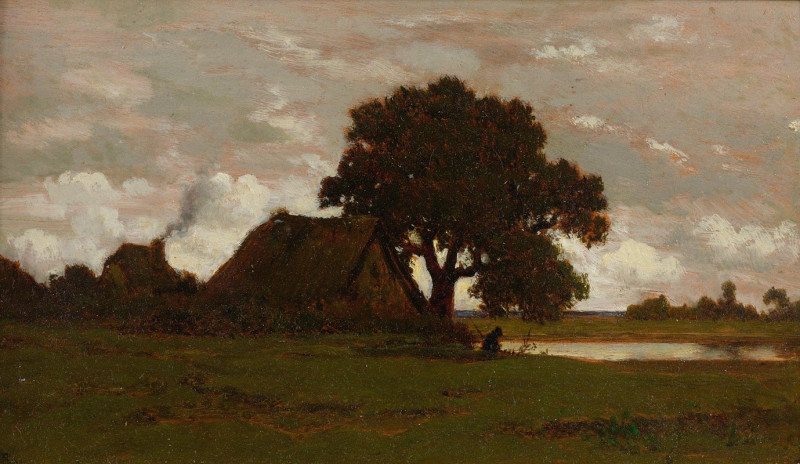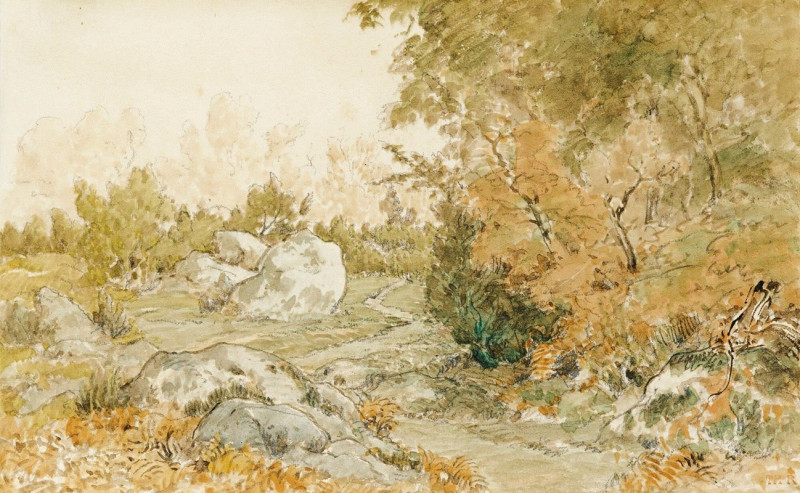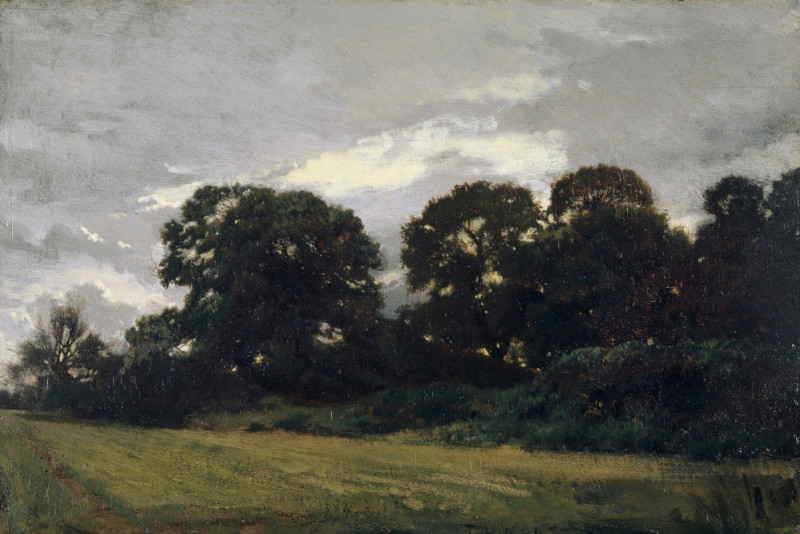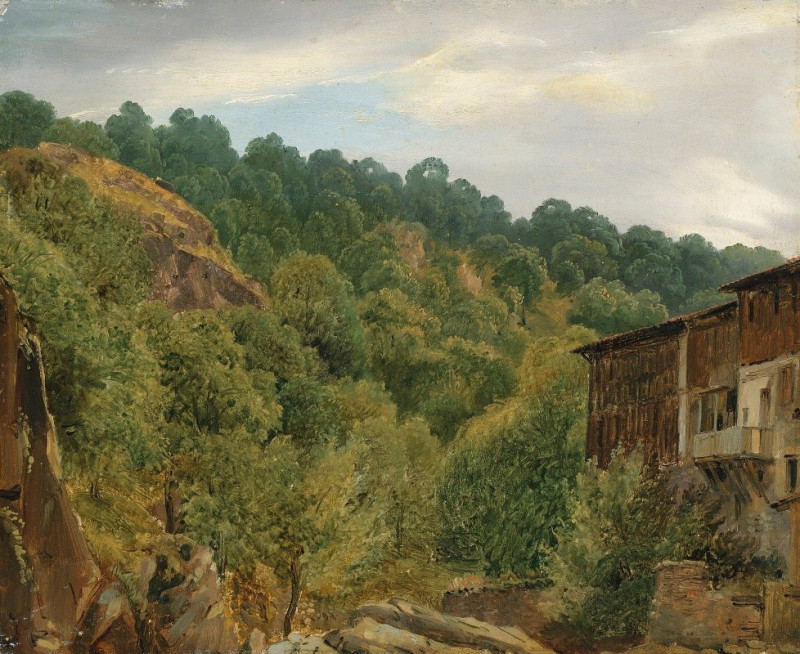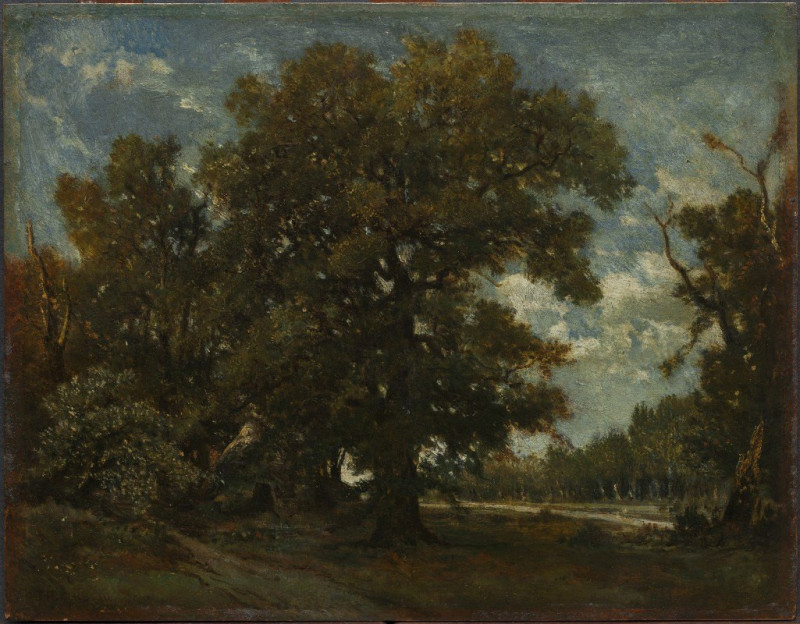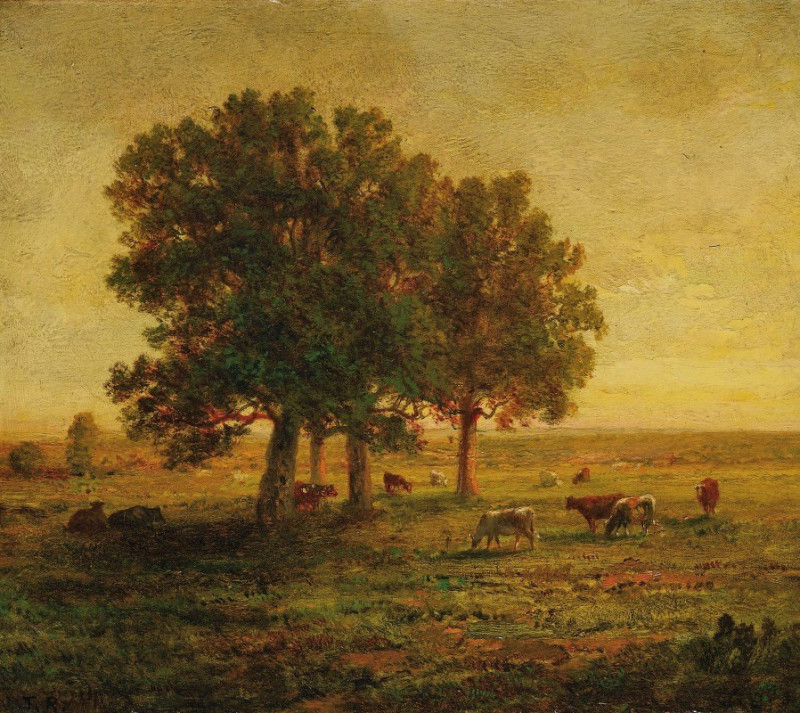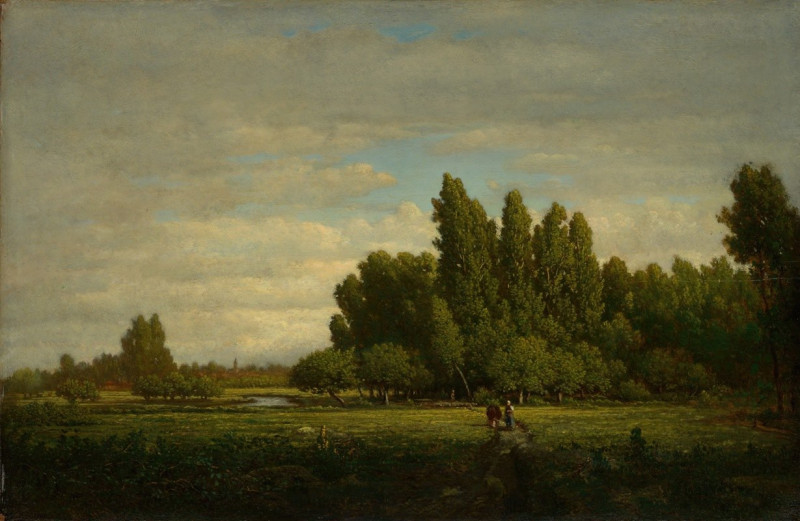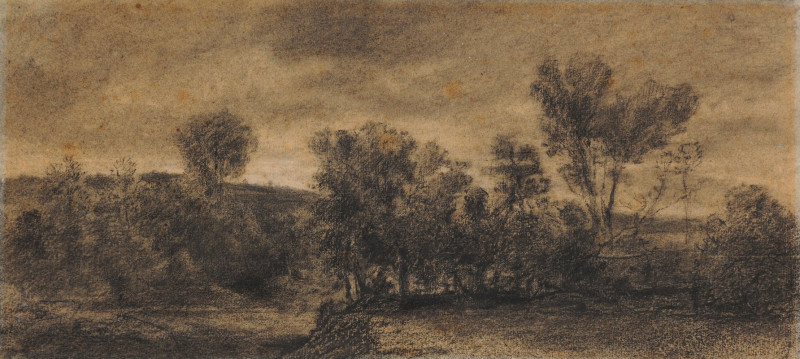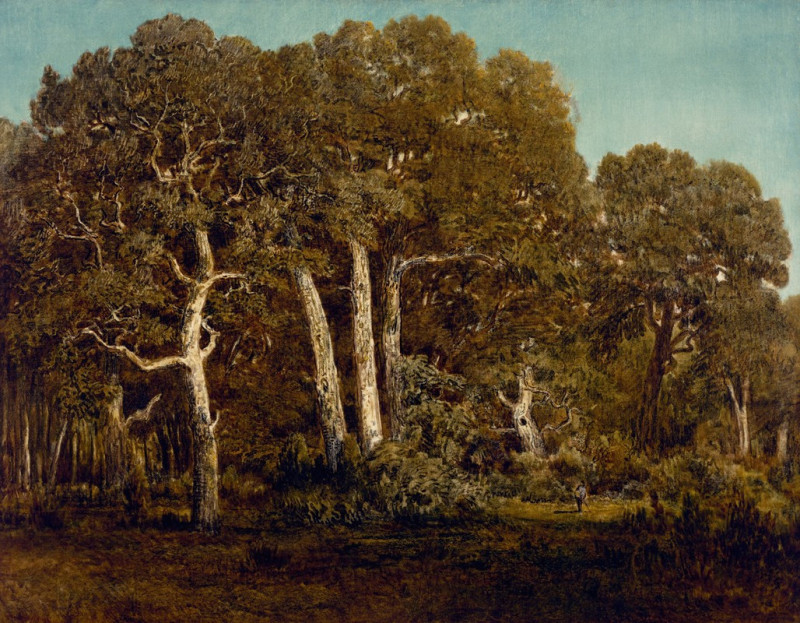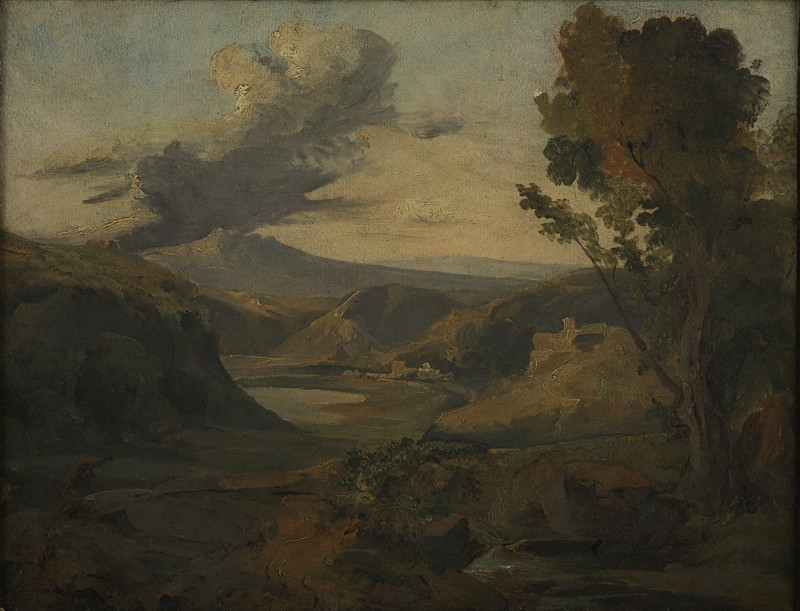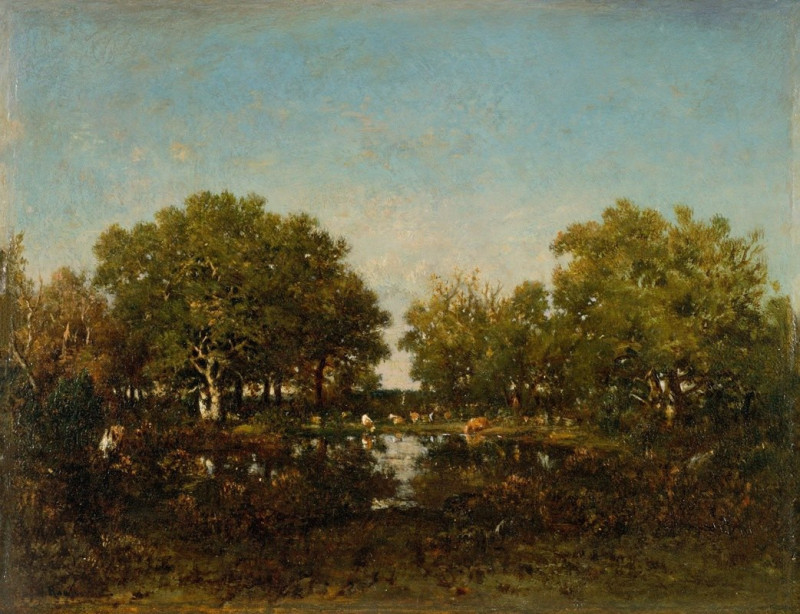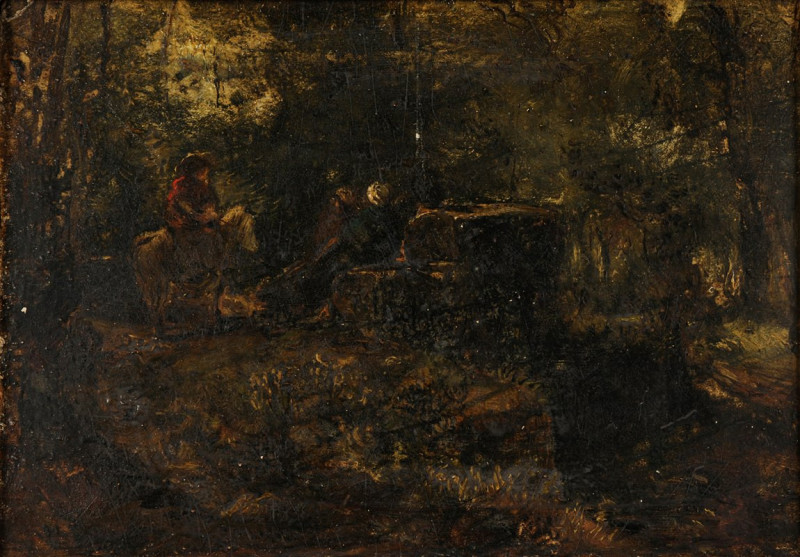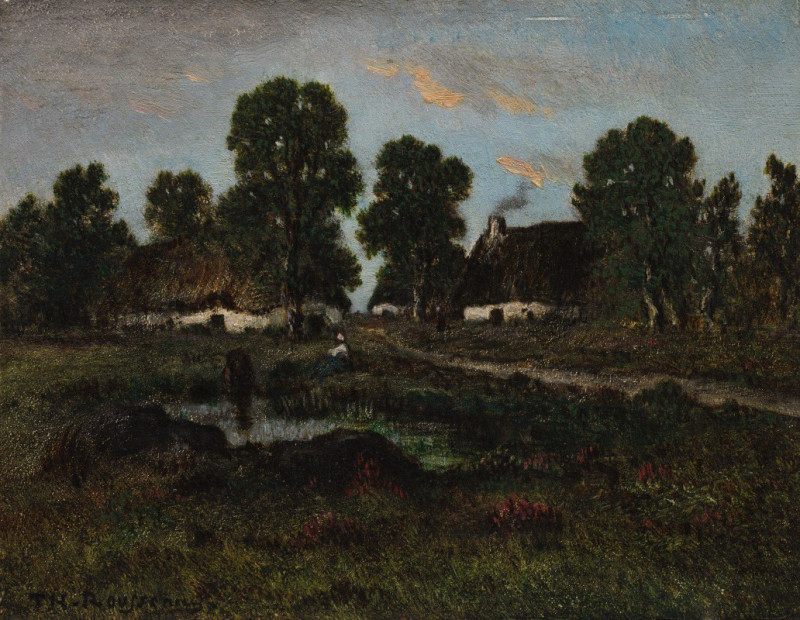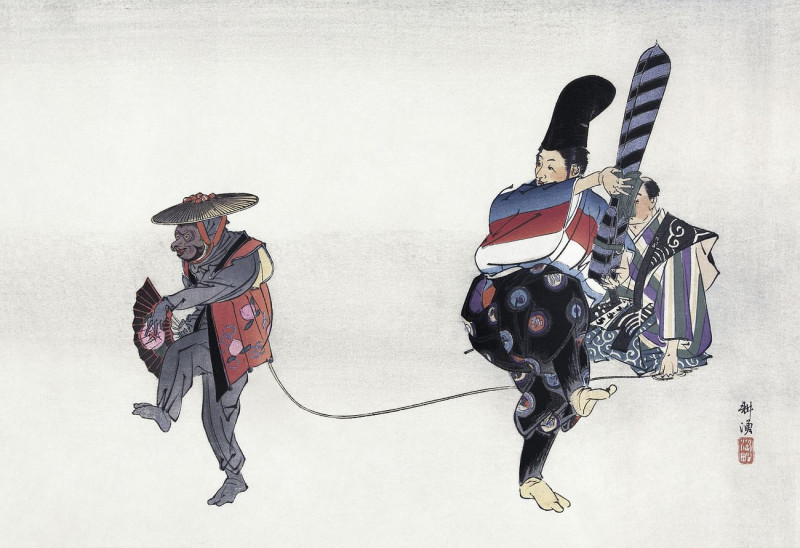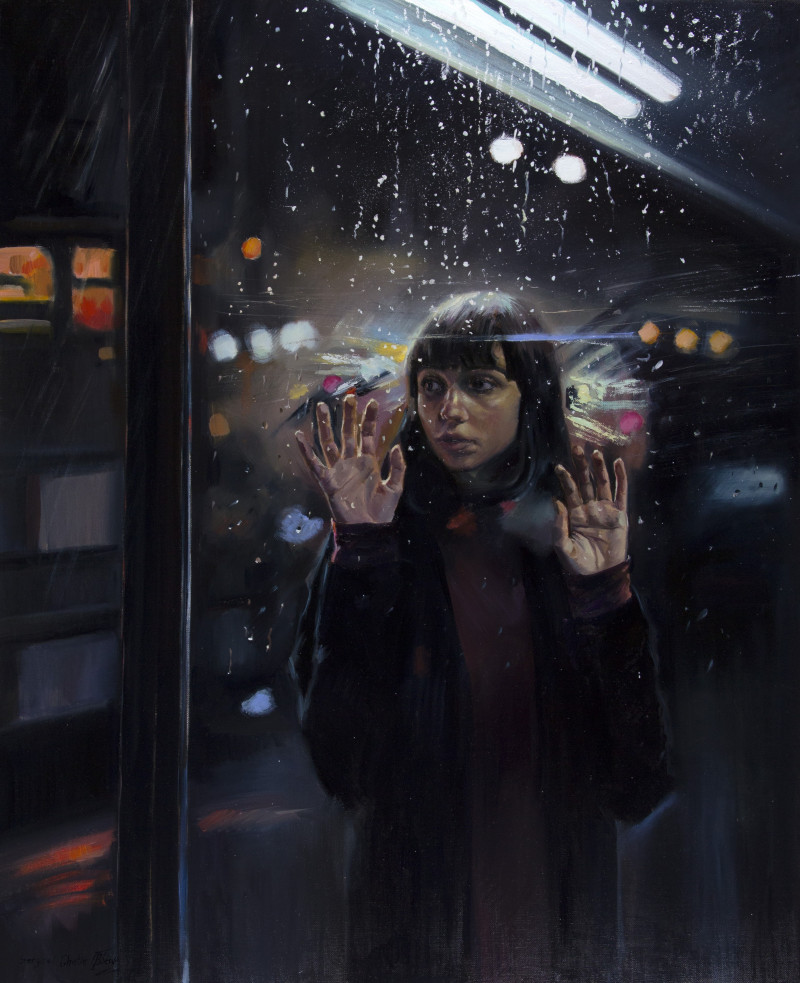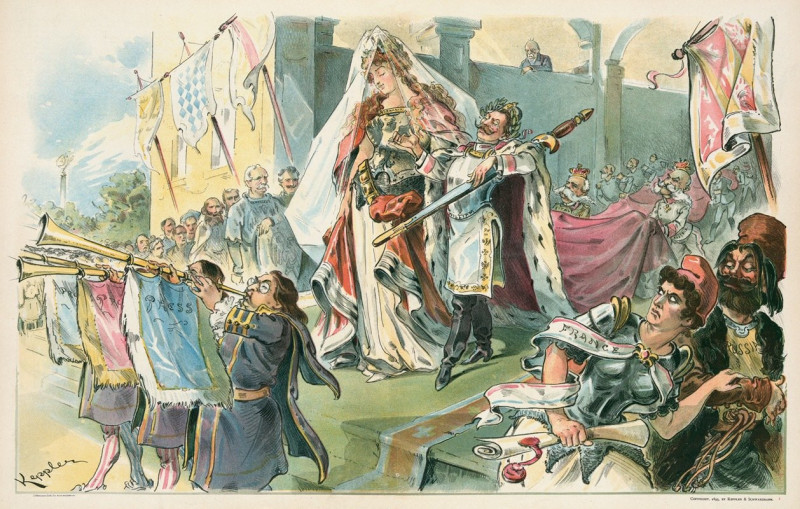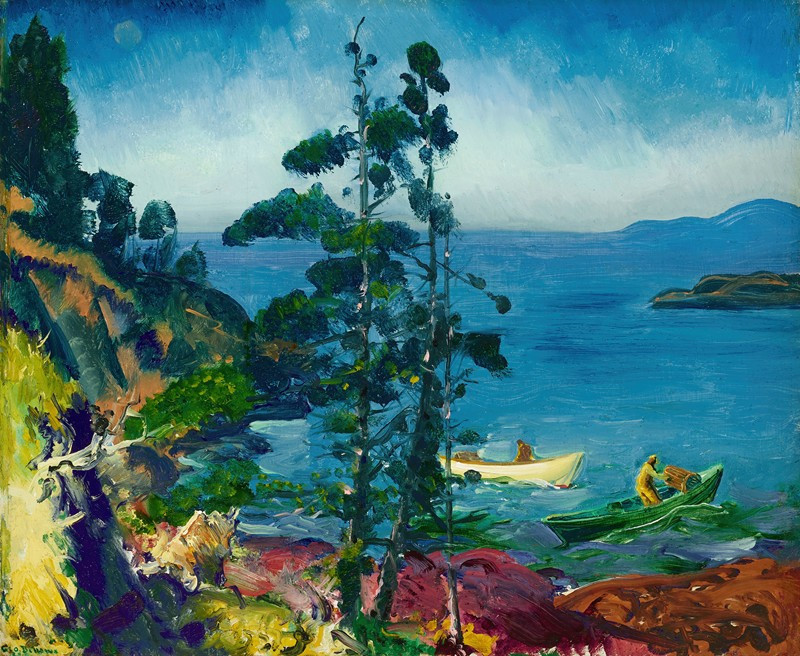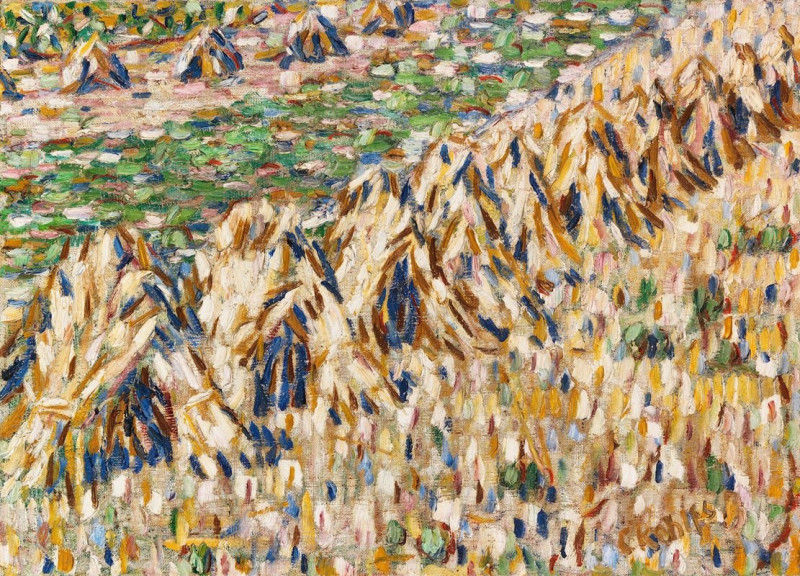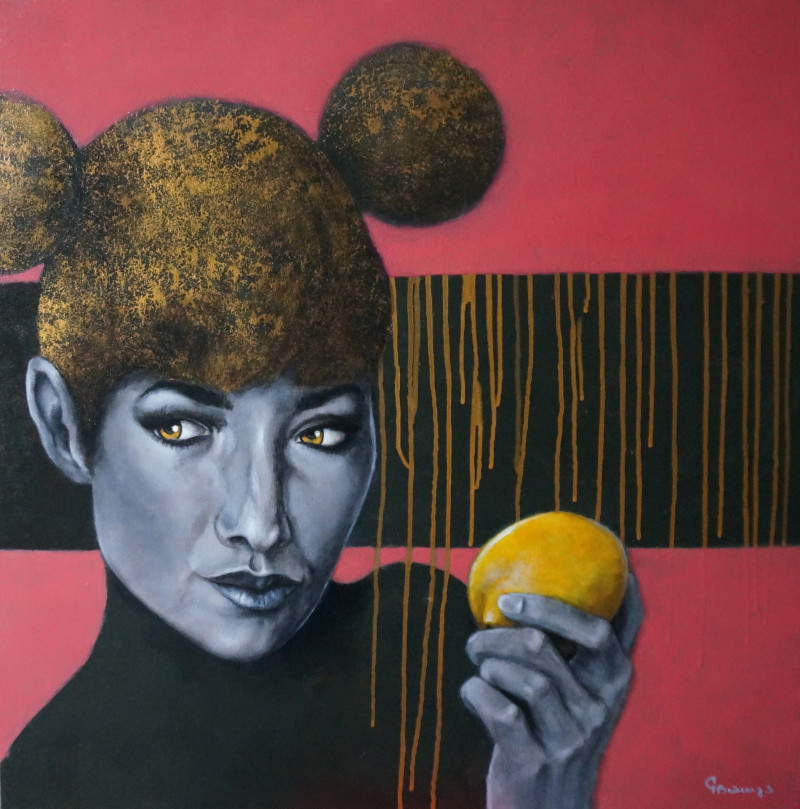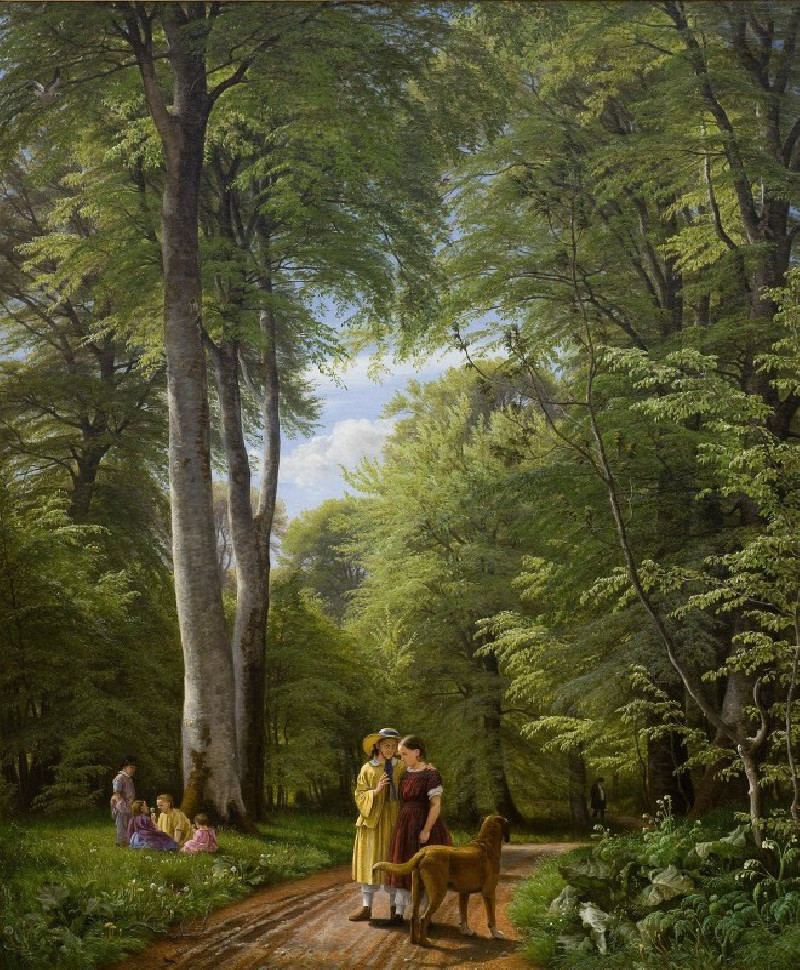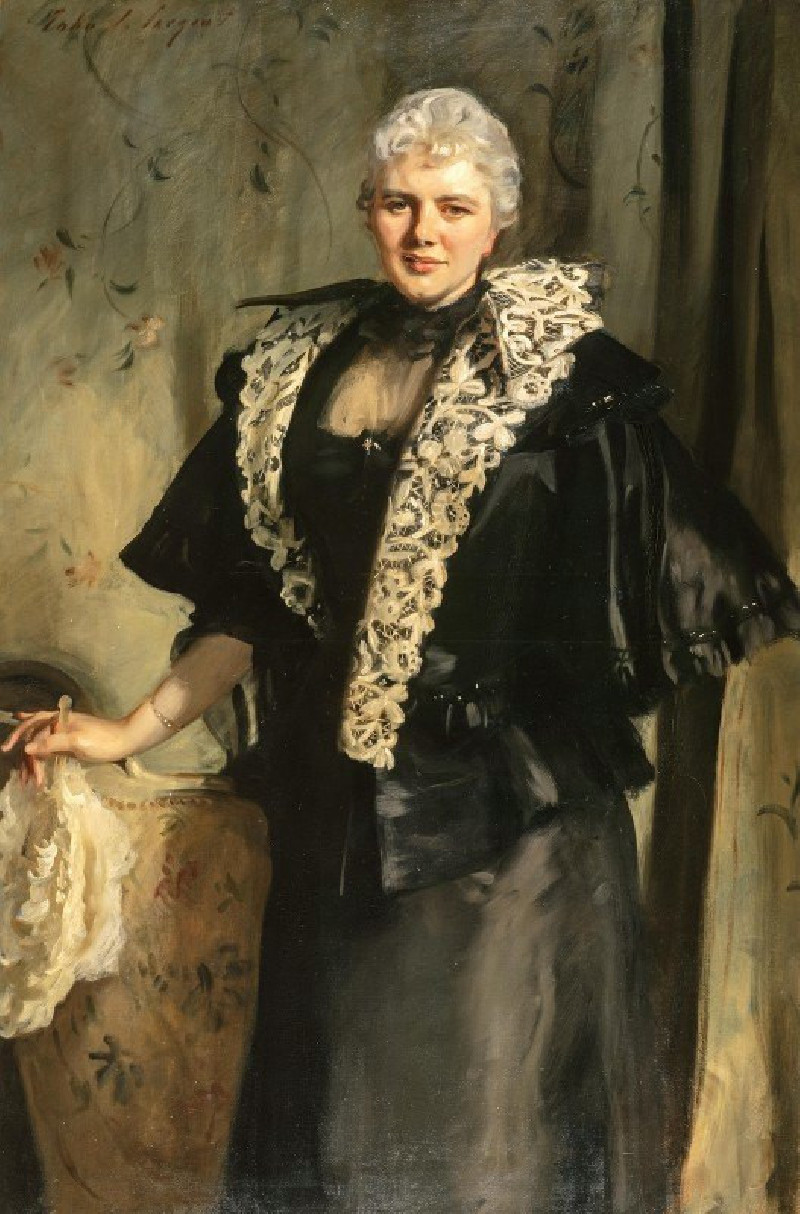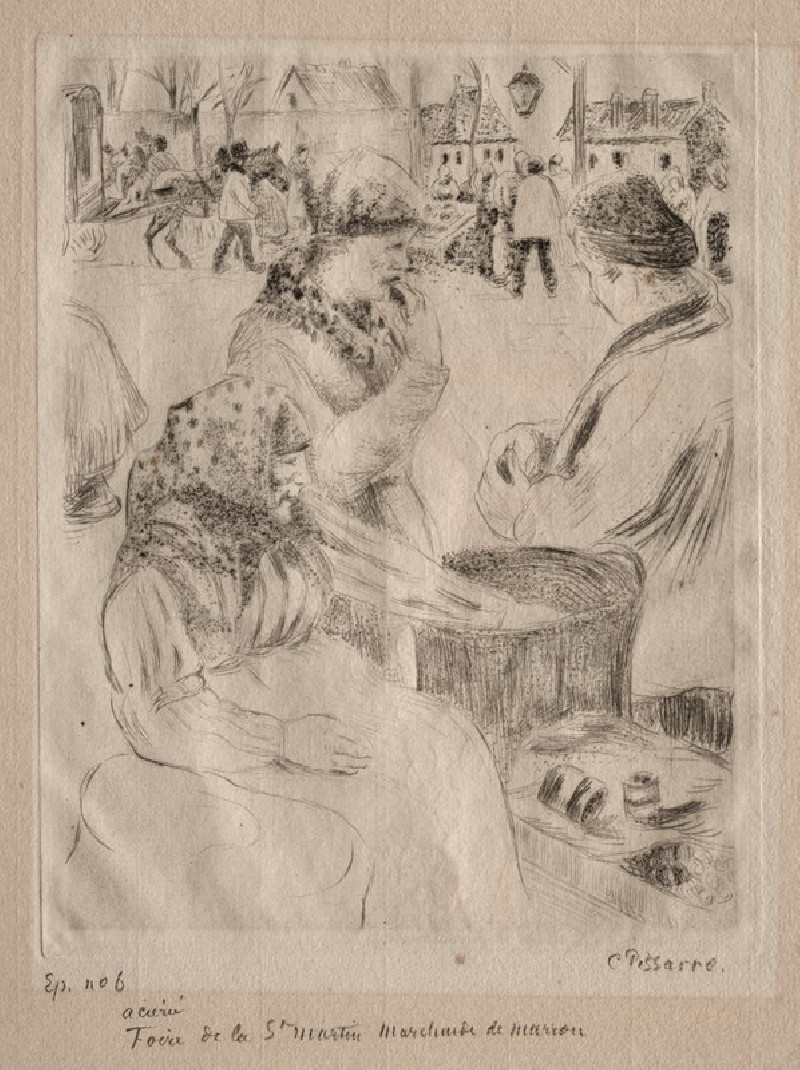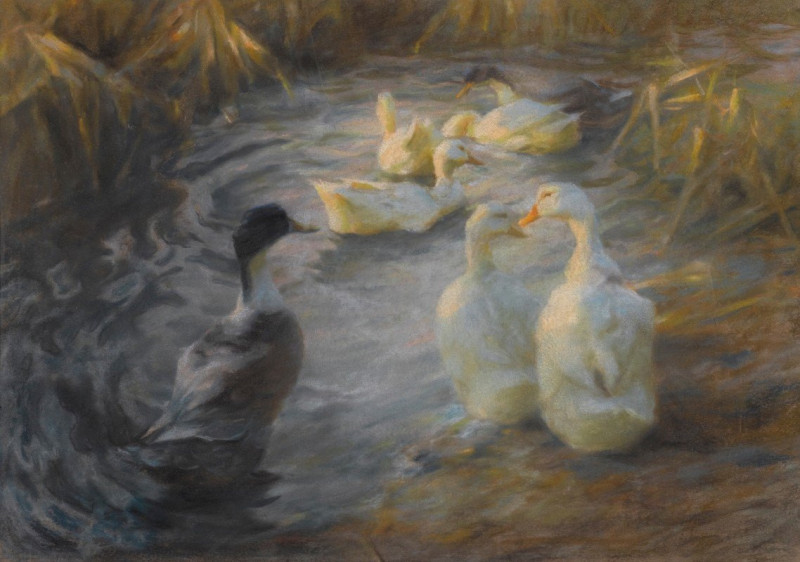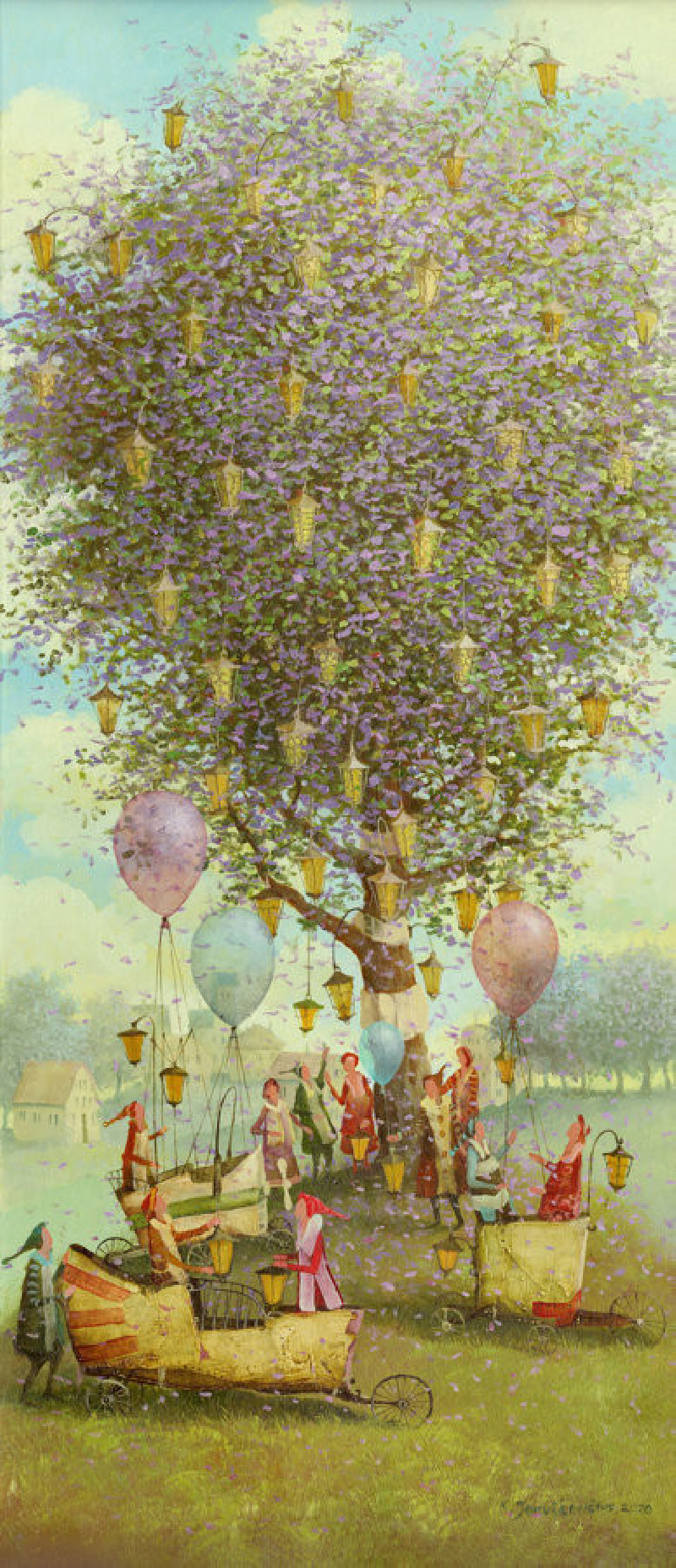Trees in a Thicket (1845)
Technique: Giclée quality print
Recommended by our customers
More about this artwork
Welcome to our exhibition! This exquisite piece before you, "Trees in a Thicket" from 1845, is by Théodore Rousseau, a master of the Barbizon school known for its revolutionary approach to landscape painting. In this captivating portrayal, Rousseau invites viewers into a dense, untamed thicket, brilliantly capturing the robust yet intricate forms of trees intermingling with the wild underbrush.Rousseau's expert use of chiaroscuro enhances the textures and depth of the scene, highlighting the gnarled and twisting limbs of the trees that reach dramatically into the sky. The subtle contrasts and the meticulous detailing of bushes and leaves evoke a sense of both tranquility and the untamed nature's spirited essence.This drawing not only showcases Rousseau's dedication to naturalism but also his ability to encapsulate the soul of a forest scene with profound authenticity and emotion.
Delivery
Returns
Étienne Pierre Théodore Rousseau was a French painter of the Barbizon school.
He was born in Paris, France in a bourgeois family. At first he received a basic level of training, but soon displayed aptitude for painting. Although his father regretted the decision at first, he became reconciled to his son forsaking business, and throughout the artist's career (for he survived his son) was a sympathizer with him in all his conflicts with the Paris Salon authorities.


